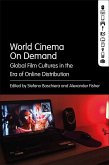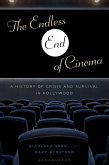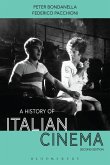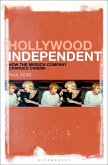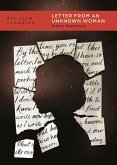Hollywood Independent dissects the Mirisch Company, one of the most successful employers of the package-unit system of film production, producing classic films like The Apartment (1960), West Side Story (1961), The Great Escape (1963) and The Thomas Crown Affair (1968) as irresistible talent packages. Whilst they helped make the names of a new generation of stars including Steve McQueen and Shirley MacLaine, as well as banking on the reputations of established auteurs like Billy Wilder, they were also pioneers in dealing with controversial new themes with films about race (In the Heat of the Night), gender (Some Like it Hot) and sexuality (The Children's Hour), devising new ways of working with film franchises (The Magnificent Seven, The Pink Panther and In the Heat of the Night spun off 7 Mirisch sequels between them) and cinematic cycles, investing in adaptations of bestsellers and Broadway hits, exploiting frozen funds abroad and exploring so-called runaway productions. The Mirisch Company bridges the gap between the end of the studio system by about 1960 and the emergence of a new cinema in the mid-1970s, dominated by the Movie Brats.
Bitte wählen Sie Ihr Anliegen aus.
Rechnungen
Retourenschein anfordern
Bestellstatus
Storno



